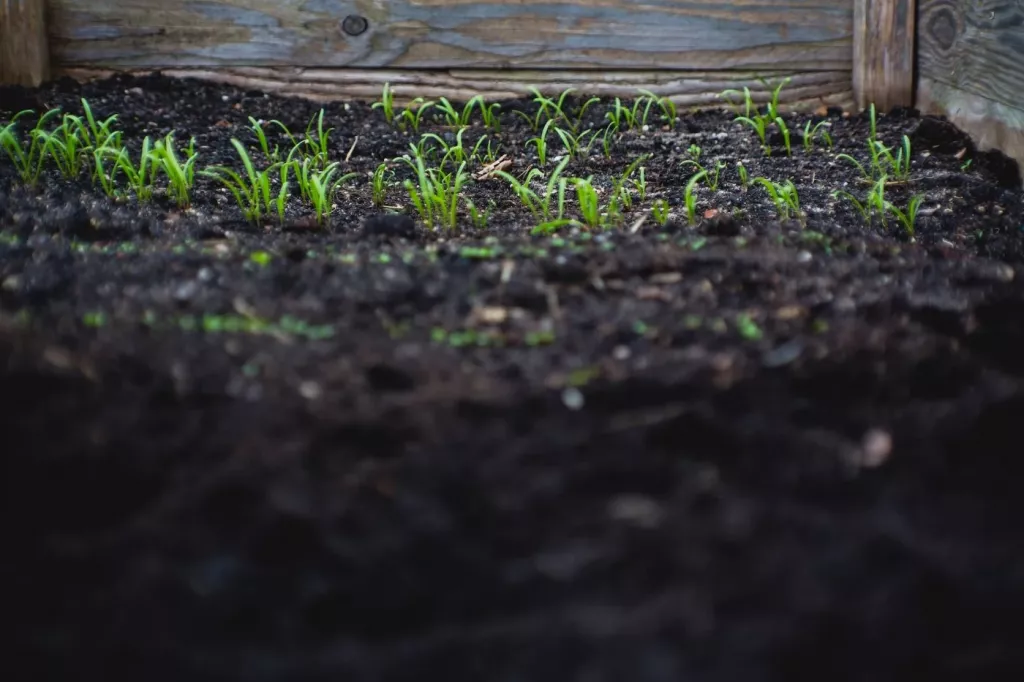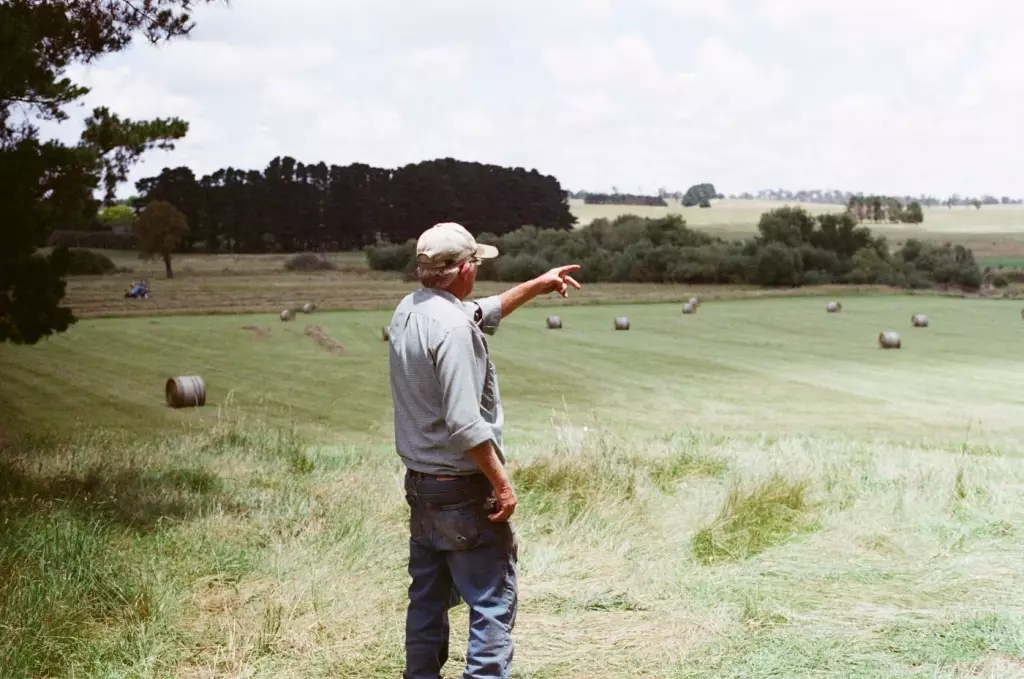The Surprising Reasons Why Small Farms Fail (Avoid This)
While it’s called a small farm, it doesn’t guarantee ease when it comes to managing and maintaining it. Many farmers fail to keep up with their small farms, not because they lack experience on how to take care of them, but because they’re mismanaging them. This article will tackle the mistakes farmers make that result in the failure of their small farms.
The surprising reasons why small farms fail are the following: growing too many crops, not treating farming as a business, not having sustainable agribusiness plans, not monitoring the farm closely, not having the right equipment, not seeking knowledge of your production area, and not having a market strategy.
To know more about how these factors add up and cause a small farm to collapse, keep reading below.
Summary
- Small farms fail not because of the lack of knowledge of small-scale farmers but because of their way of mismanaging their land.
- Small farms fail because farmers fail to strategize a business and marketing plan and do not treat farming as a business. They also fail to expound on their knowledge of what's in the market, and fail to focus on one good profit crop.
- Having the right basic equipment is also crucial to keeping your small farms from failing.

On this page:
Things to Avoid to Save Your Small Farm from Failure
One of the most common mistakes made by small-scale farmers is not knowing the purpose of what they are starting. You must have a reason why you want to establish your own small farm, whether it is for profit or as a hobby, for animal welfare or to help the environment. You must have a clear goal in mind.
Having a goal for your small farm can motivate you to direct your strategies toward that goal and give you a worthy outcome in the long run. Although there’s a lower failure rate in the agricultural sector as compared to other kinds of businesses, we cannot be too comfortable about these numbers and must still address the errors we make that cause the collapse of businesses like small farms.
The common mistakes farmers usually commit that cause small farms to dissolve are the following:
Growing too many crops can cause small farms to fail
Next to not knowing what they want their small farm to be like, growing too many crops at the same time, and not focusing on what crops can give them the most profit are other reasons why small farms fail. Some small farmers try to take on too many things right from the beginning instead of focusing on one or two things until they become successful, then move on to another.
Like any other start-up business, multi-tasking or trying to get too much work done at the beginning can ruin a small farm. It will fail if you refuse to focus on what crops can gain you the highest profit and instead juggle too many crops that are not economically viable. This habit can soon put you out of the small farm business, as you will have more losses than gains, and will soon crash your small farm.
Aside from not knowing which crops are most profitable, failure to know which crops are preferred in the market can be your downfall. It’s not about what you want to plant, but what the consumers prefer to make your small farm work. A little market research can save your small farm from this pitfall.
Not treating farming as a business will set you up for failure
Another common reason why small farms fail is that they don’t treat farming as a business. It’s good that farmers have ambitions, but they still need to pay attention to the bottom line if they want the venture to be sustainable over a long period of time.
It is important to emphasize that farming is a business. Emphasizing this brings farming into the correct framework for considering the appropriateness of providing aid and helps cut away the alleged differences between farming and other businesses.
Again, farming for the market is a business, and as a business, farmers must use land, labor, and capital to produce goods to be sold, in hopes of profit. If farmers treat farming as a business, they will seek to use as little of the scarce elements of a production as possible to produce most of the goods that are preferred by consumers. They will look for the widest market for their produce with the highest prices available.
Remember that successful farmers keep careful accounts and plan their investments of time and capital to maximize their income, and if you will take farming as a business, chances are you’ll succeed in running your small farm.
Not having a sustainable agribusiness plan can set up your farm for failure
Have you ever seen an engineer start buying construction materials and start a project without a plan? I bet not yet. Farming is just the same. Before venturing into having any goals or buying seeds to plant your crops, there must be an agribusiness plan that will take into account all the elements of production as well as marketing.

The reason why small farms fail is that farmers underestimate the value of a business plan, and just cross the bridge when they get there. They start the planting without planning. An agribusiness plan motivates you to conceptualize the business, create plans and strategies, and execute them. A small farm molded around a sustainable business plan or model has a higher chance of success.
Small farms without the right equipment usually fail
Although small farms don’t need big machinery, they will need at least the basic right equipment to get started. A seeder or a walk-in cooler are a few things that small farms must at least possess to avoid setting themselves up for failure.
Even if smallholders mostly rely on manual labor, some tasks like spreading seeds can be better done with the right equipment and not by hand.
Not expanding knowledge about the production area may cause a small farm to fail
It is the responsibility of every small-scale farmer to do regular research on new updates about what is on the market at the moment. This can help improve the production capacity of your small farm and give you a chance to broaden your marketing network. It’s good to interact with people who produce the same thing as you and learn new ideas from them that you can implement on your small farm.
Keeping your doors closed to ideas and connections will ensure that your small farm will be doomed soon.
Not being able to monitor your small farm closely can cause its downfall
Spending some quality time on your farm can help you know what things are lacking, what is currently needed, what can be improved, and so on. Otherwise, if not monitored closely, small farms can perish.
Most smallholders nowadays are urban people that engage in farming as another source of income. They barely have time to check closely on the needs of their small spaces or oversee any new development. These kinds of neglected small farms won’t survive for long.

A small farm without an advanced marketing strategy plans to fail
Most people find it weird to build a market strategy in advance. But it’s best to start marketing your farm and establish good partnerships with consumers and restaurant owners from the beginning.
Remember that if you fail to plan, you plan to fail. Failing to develop a marketing plan can result in budget problems, low customer volume, and, in a worst-case scenario, the closure of your business.